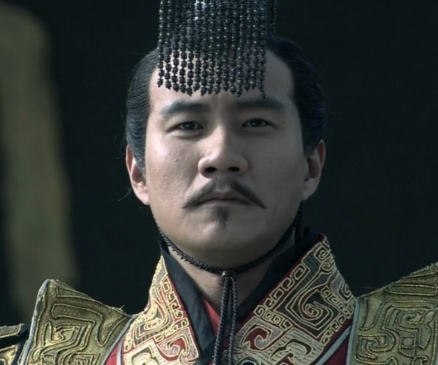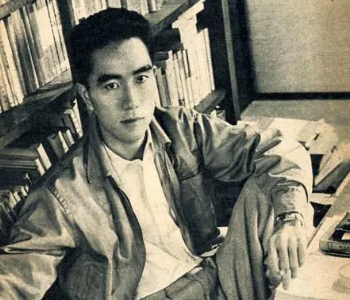In ancient Chinese history, many hermits chose to withdraw from the hustle and bustle of the world, pursuing spiritual freedom and transcendence. Mao Ying, a renowned hermit of the Han Dynasty, his relationship with Mount Tai not only embodies his personal spiritual pursuit but also reflects the ancient scholars' aspiration for nature and spiritual home. This article will explore the relationship between Mao Ying and Mount Tai, as well as the cultural significance of this relationship.

Mao Ying, also known as Shu Shen, was a famous hermit of the Western Han Dynasty. According to historical records, Mao Ying had served as an official in his early years, but he was tired of the hypocrisy and intrigues of the bureaucratic world, so he resigned from his position and retreated to Mount Tai. As the first of the Five Great Mountains in China, Mount Tai has long been known as the "Number One Mountain in the World" for its magnificent natural scenery and profound cultural heritage, attracting countless scholars and poets to visit and retreat.
Mao Ying's choice of Mount Tai as his retreat reflects his pursuit of natural beauty and spiritual freedom. In Mount Tai, Mao Ying escaped from the distractions of the secular world, immersed himself in the mountains and rivers, seeking inner peace and self-cultivation. His hermit life in Mount Tai became a model admired by later scholars, influencing many people's imagination and pursuit of a reclusive lifestyle.
The relationship between Mao Ying and Mount Tai is not just a simple choice of residence but also a cultural and spiritual symbol. The loftiness and resilience of Mount Tai coincide with the nobility and steadfastness pursued by Mao Ying, reflecting the pursuit of ideal personality by ancient scholars. At the same time, Mao Ying's story also reflects the respect and admiration for hermits in ancient society, demonstrating the concept of harmony between nature and humanity in traditional Chinese culture.
However, Mao Ying's life was not completely detached from reality. His retreat in Mount Tai was also a criticism and reflection of social reality. By distancing himself from the center of power, Mao Ying maintained his personal independence and clarity, a rare quality in society at that time. His story inspires later scholars to maintain independent thinking and critical spirit when facing real-life difficulties.
In conclusion, the relationship between Mao Ying and Mount Tai is not only a personal choice of an ancient hermit but also a cultural and spiritual symbol. Mao Ying's story provides us with a window to understand the spiritual pursuit and cultural values of ancient scholars, and also enlightens us on how to maintain inner peace and independent thinking in modern society. The legend of Mao Ying is a splendid chapter in the history of ancient Chinese culture, reminding us that maintaining a detached and serene heart in a complex world is an ideal state that everyone can pursue.
Disclaimer: The above content is sourced from the internet and the copyright belongs to the original author. If there is any infringement of your original copyright, please inform us and we will delete the relevant content as soon as possible.































